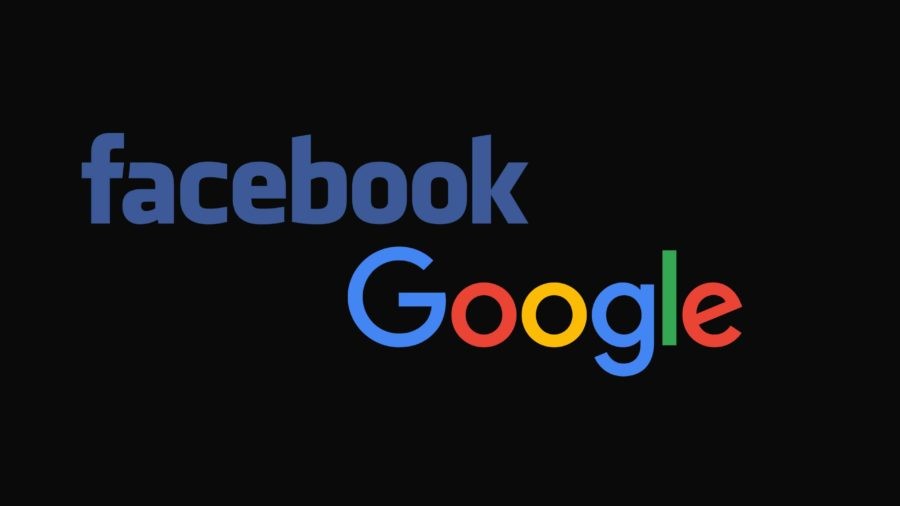It’s no surprise that the duopoly collects data about us as we use their applications. But you might be shocked by how much they actually store and the way they use it.
Both the iOS and Android operating systems allow access to the sensors and data on our smartphones, across the majority of the apps installed on them. And, since most of us use our phones constantly, this data paints an extremely detailed picture of our lives.
What data do these platforms collect?
- Location: The apps track your phone’s location constantly. If you use Google maps, Google knows exactly where your phone is, down to a few feet. Search uses location to provide useful results. If the facebook app is loaded on your phone it is tracking the device even if you are not using the app.
- Search history: It goes without saying that Google knows every search you’ve ever made on a device. And, if you are logged into Gmail on several devices, they know your search history across all of them and can synchronize that data.
- App use: Google can inventory the apps you use on your phone or tablet and the browser extensions in use on your laptop or desktop. Facebook stores an inventory of every app you’ve connected to your facebook account.
- Email: Although Google no longer uses your gmail for ad targeting, they are still reading it.
- Messaging: facebook keeps copies of your facebook messenger history.
- Contacts: Both Google and facebook can read and store your contacts.
- Relationships: facebook correlates interactions with your network of friends and utilizes machine learning to categorize you.
Yes, you can limit some (but not all) of this data collection. However, many of the application’s features are disabled or limited if you do. And most users don’t take the time to discover the numerous screens and settings that must be navigated and disabled to secure their data.
So what does this mean for consumers and marketers? Advertising revenue for media companies “subsidizes” free content and marketers can theoretically target consumers with offers that offer better ROI than the “spray and play” tactics used in traditional media. The platforms (Google, facebook and others) are the conduits for this strategy and have built extremely profitable business models around it. Marketing technology has evolved rapidly over the past few years, and the manner in which all this data are being leveraged is staggering. Just a few examples:
- Consumers are grouped into hundreds, even thousands of segments, based on search history, sentiment (“likes”), browsing history, location (this can unveil related information such as socioeconomic status for instance), which ads have been clicked on, the history of their friends and numerous other data points.The platforms then sell these segments to marketers for targeted advertising.
- Marketers parse their “first party” data (name, address, email, age, sex, socioeconomic status, purchase history, etc.) and anonymize it. The platforms, within their “walled gardens”, allow marketers to match this data with the platform’s users. For example, if Google thinks I am a single male, living in a relatively high net worth geographic area, it might categorize me as such and a marketer could send me ads for luxury sport sedans. On facebook, a “soccer mom” in a less affluent geographic area would get an ad for a minivan.
- Because the Google and facebook applications are on both smartphones and laptop/desktops, the platforms can track users across devices using proprietary identifiers. So if for instance, you browse a marketer’s website using your laptop on your lunch hour, then make a purchase via your phone on the train ride home, the platform can monetize the laptop interaction with the marketer.
- Marketers who have POS (point of sale) data can match credit card information on purchases to ad campaigns run on the platforms.
- By leveraging wireless beacon and location technology, marketers can judge the effectiveness of their ads based upon where you’ve been and what you purchase. For example, let’s say you’ve walked through Times Square and were exposed to digital signage for a luxury beauty brand. You enter the brand name into the Google search app on your phone. 30 minutes later you walk into a retail location and make a purchase. Cha ching.
So is there anything wrong with this? Depends on your point of view. From a marketing perspective it’s not much different than how direct marketing has been conducted historically, it’s just more sophisticated. However, from a consumer’s privacy perspective, how do they know who is using their data and for what purpose? The Cambridge Analytica scandal is an example of what can go wrong.
In the EU, the enactment of GDPR is intended to help consumers be more aware of data collection and to enforce “Opt In” vs. “Opt Out” permissions. In the US, the state of California has drafted legislation with similar privacy regulations. If Governor Brown signs the bill, there may be legislation proposed in additional states. However, state regulation of online privacy may be a moot point, because the FCC is arguing that state law is superseded by federal jurisdiction in matters regarding interstate communication networks.
We’ve just scratched the surface on this topic. In future articles, we’ll be taking deeper dives into the technology, Stay tuned.
